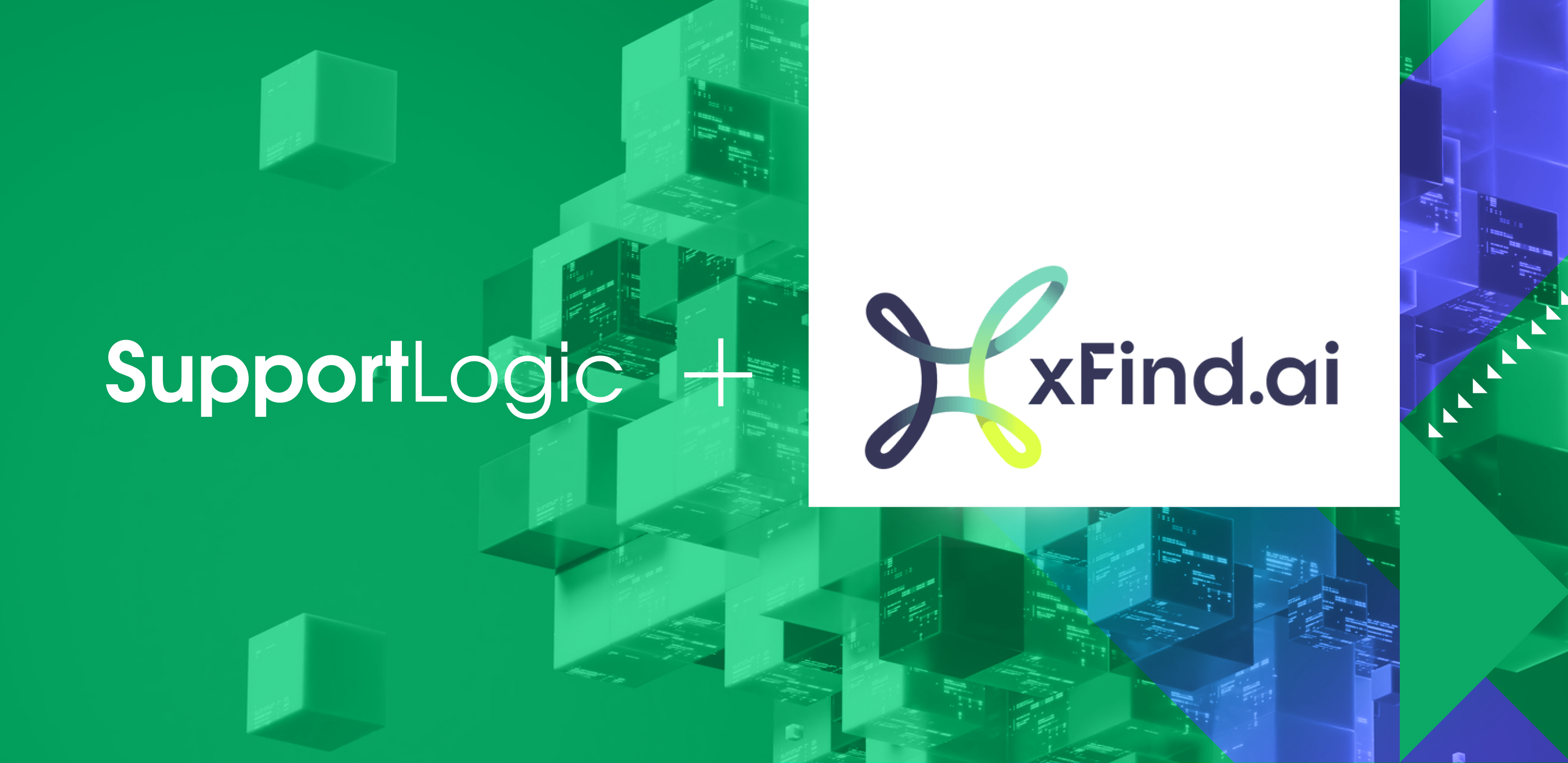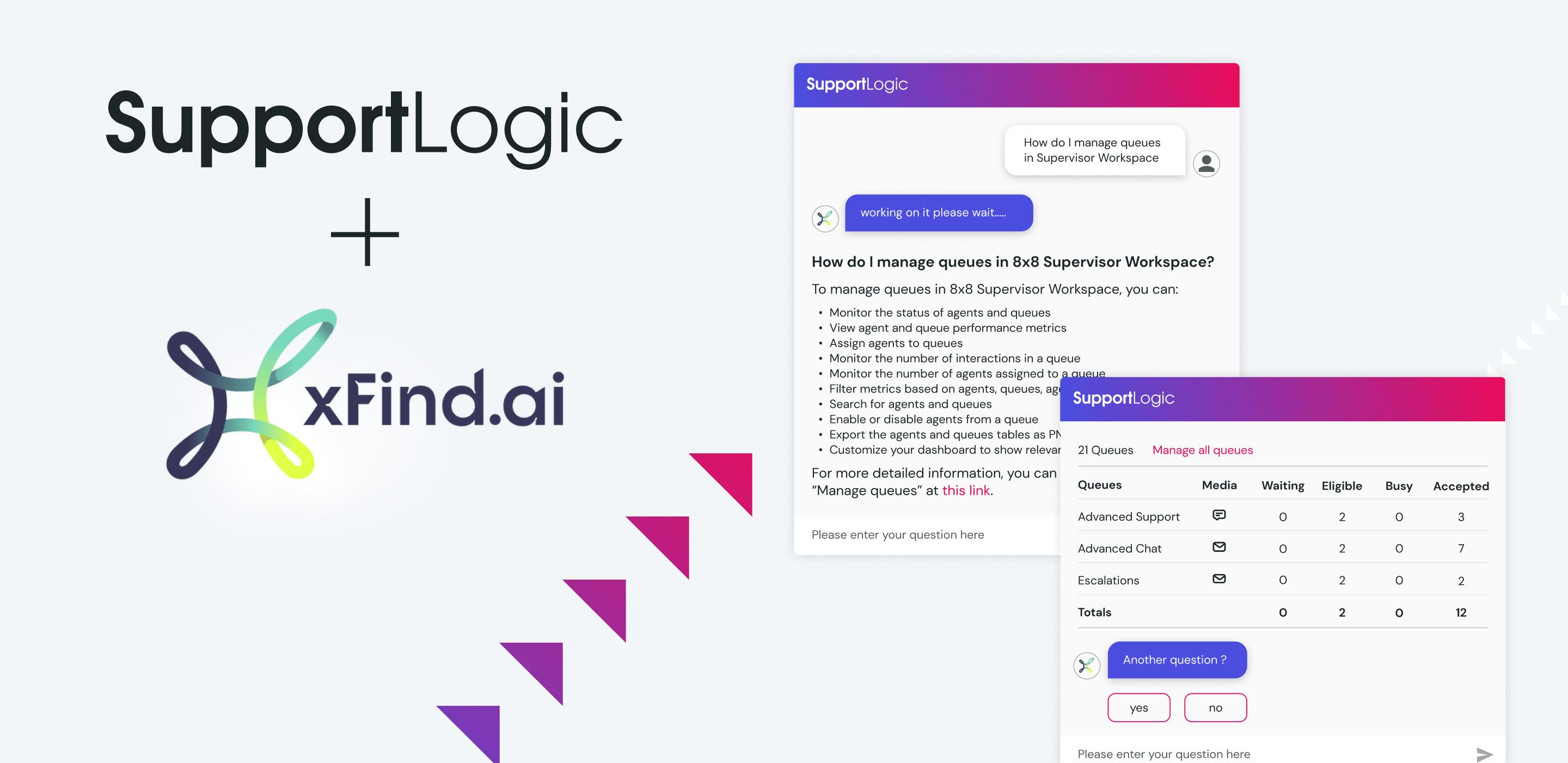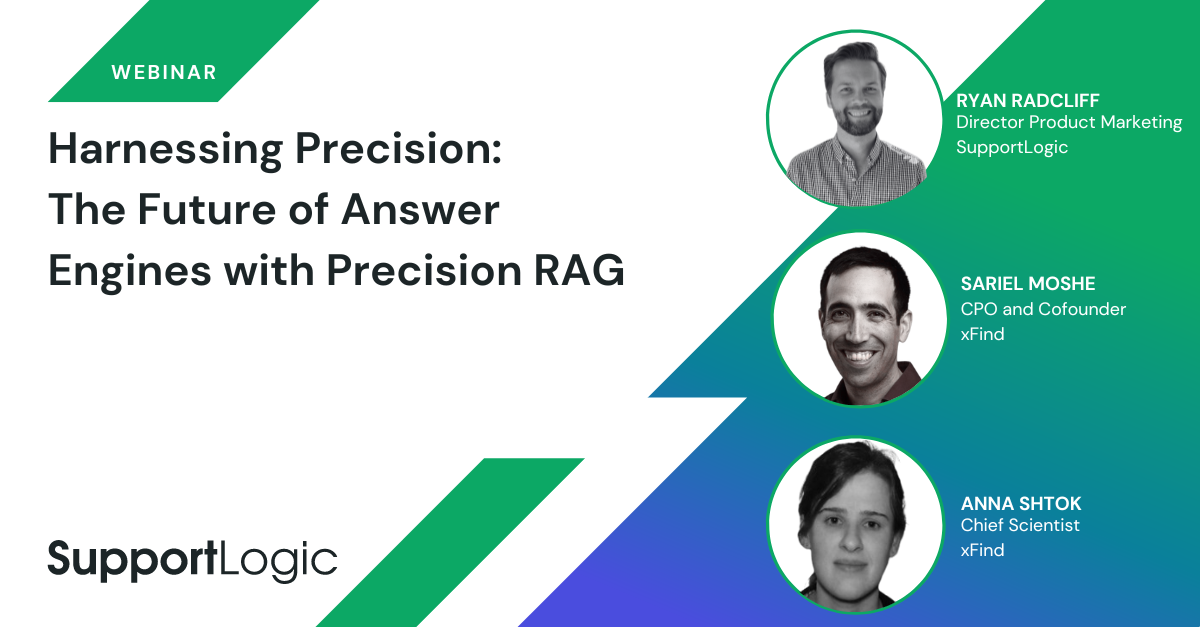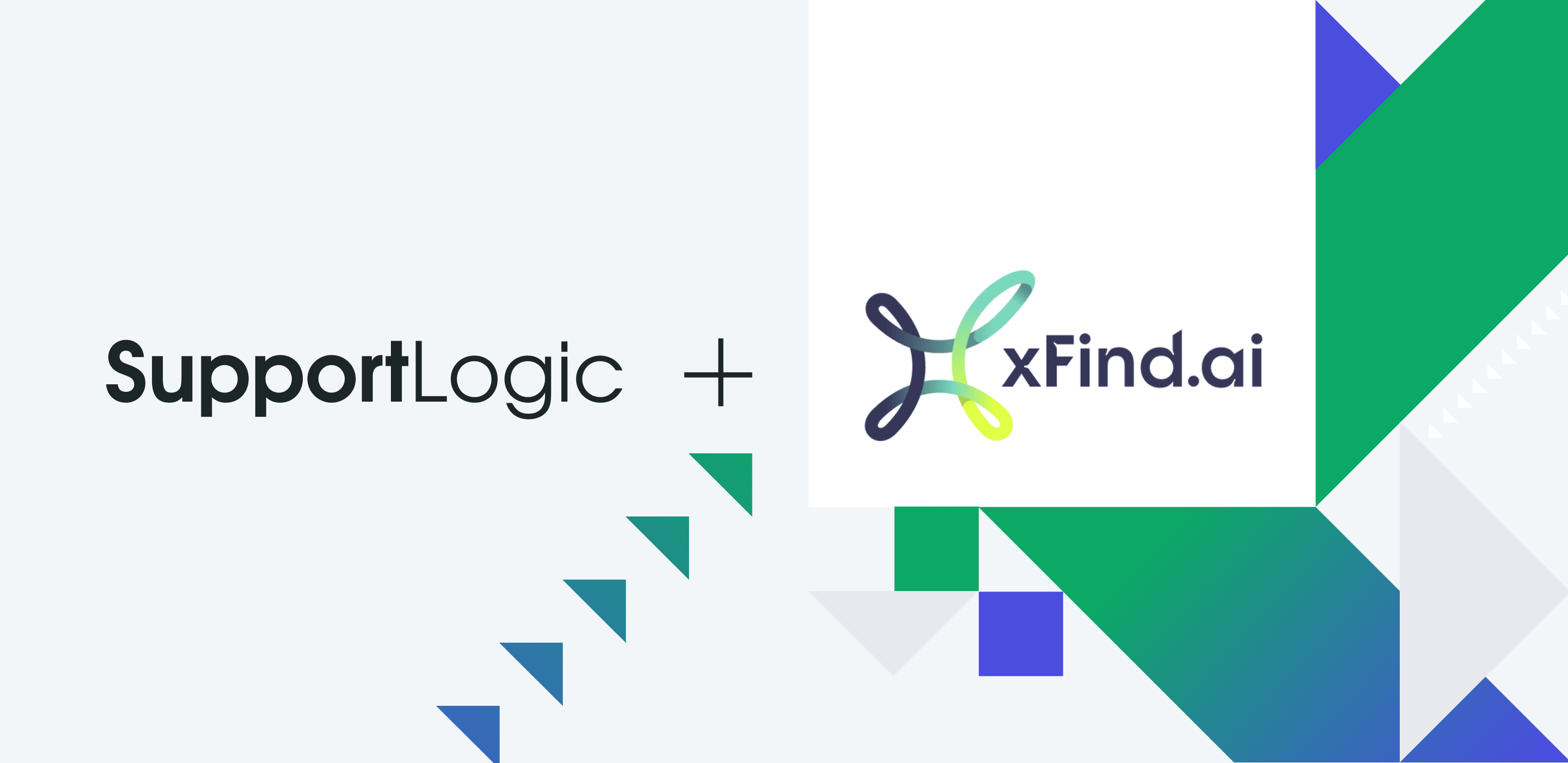
Aug 1, 2024
The Untapped Potential of Support: Transforming Teams into Knowledge Powerhouses
Customer SupportCX TransformationCustomer JourneySupport Experience
What brought me to the idea of xFind in the first place
Coming from a background in threat intelligence and cybersecurity, particularly in the pre-LLM (Large Language Models) era, our mission at xFind was to create a solution that could offer knowledge workers more precise insights at a faster pace than the keyword-based searches that were prevalent at the time.
As we delved deeper, it became apparent that the function with the greatest need for real-time insight retrieval and knowledge creation was enterprise customer support. Customer support has always been, and continues to be, a crucial knowledge engine for companies. The individuals handling support calls are the front-line experts who understand the customer’s challenges and the necessary solutions.
Despite the existence of methodologies like Knowledge-Centered Service (KCS), the journey to harness the full potential of this knowledge engine was hindered by the complex technical challenges and the unique nature of enterprise knowledge. Additionally, outdated process management practices often stifled the ability to fully leverage this potential.
Implicit Search: xFind’s Focus Since Its Inception
Our main insight, which required the most effort to crack, was “how can we provide support agents with the relevant knowledge they need in real time and remove the effort involved in searching for the information required to piece it together?” We understood this to be the biggest roadblock, and one that existing search solutions had not overcome.
We called this concept “Implicit Search” – running a query based on the context of a support ticket without requiring any explicit query from the user. The complexity involved in solving this was twofold: first we had to be able to run a query that consists of an entire support case, which could be thousands of words long; second, we needed to be able to assess what specific information items are relevant, as well as if there were any relevant information available at all.
Having built this solution before GenAI became so available, it enabled us to adapt quickly to the new reality of RAG. We now have the ultimate RAG engine in our hands, one that can handle any natural language question, and can present to a large language model (LLM) the precise context with which to develop an answer to that question.
What sets xFind Precision RAG Apart from the Rest of the Market
From many conversations I’ve had over the past year, I’ve come to realize that most people who want to implement an AI based question answering solution don’t understand how complex a technology it is, and the many pitfalls involved in developing it.
The main challenges have to do with the following:
- Data source complexity: For many use cases in B2B support, the main source of knowledge will not be an organized knowledge base but rather past cases/tickets/emails etc. This is data that cannot simply be thrown at a LLM if you’re expecting consistency. Dealing with this type of data requires parsing pipelines that can work and adapt at scale.
- Search inaccuracy: Pre-trained embeddings as a sole item retriever for feeding the LLM are not trained, and therefore not precise enough as is on domain-specific data. This can be seen very nicely in the benchmark data below, comparing us to an OpenAI embedding in retrieval of internet-available vs. domain-specific data scenarios.
Benchmarking results versus OpenAI in March 2024:
| Data type | Collection | Success@5 ADA-2.0 | Success@5 SupportLogic | Failure@5 ADA-2.0 | Failure@5 SupportLogic | No. of Queries | No. of Documents |
|---|---|---|---|---|---|---|---|
| Public | Ember | 91% | 96% | 9% | 4% | 102 | 123 |
| Slightly technical | Owllabs | 91% | 94% | 9% | 6% | 250 | 694 |
| Technical | 8X8 | 75% | 86% | 25% | 14% | 250 | 3,227 |
| Domain specific | Waters | 78% | 87% | 22% | 13% | 400 | 13,504 |
- Cost: Cost reduction at scale requires the ability to focus on running queries only when required and presenting in those queries only the specific information required to produce an answer. This is not a simple task without a super precise search engine.
- Detecting search failure: When dealing with super-precise and costly support issues, and with customer tempers, more important than the ability to provide an answer, is the ability to know when you don’t actually have one.
Let’s focus this all down to one point: The concept of Retrieval Augmented Generation (RAG) as a reliable, enterprise-ready solution, mainly depends on the quality of the Search Engine it runs, not on the power of the LLM it employs.
As seen in the flowchart below, xFind is a market leader in the technology required to consistently manage these challenges at scale, and enables a true enterprise-grade question-answering experience for complex data environments.
This technology includes:
- Data preparation pipelines: Flexible enough to deal with any format and any type of item, and make it both search engine and LLM ready
- Hybrid search engine setup: Integrate any language model type and method, and seamlessly incorporate new ones, enabling a plug and play, 0-shot setup in minimal time, without requiring training data
- Guardrails: Automatically assess in real time, whether the query is at all related to the knowledge domain, and if so if the sources actually hold any knowledge that can provide an answer. The aim being to minimize hallucinations having to do with topic or missing data.
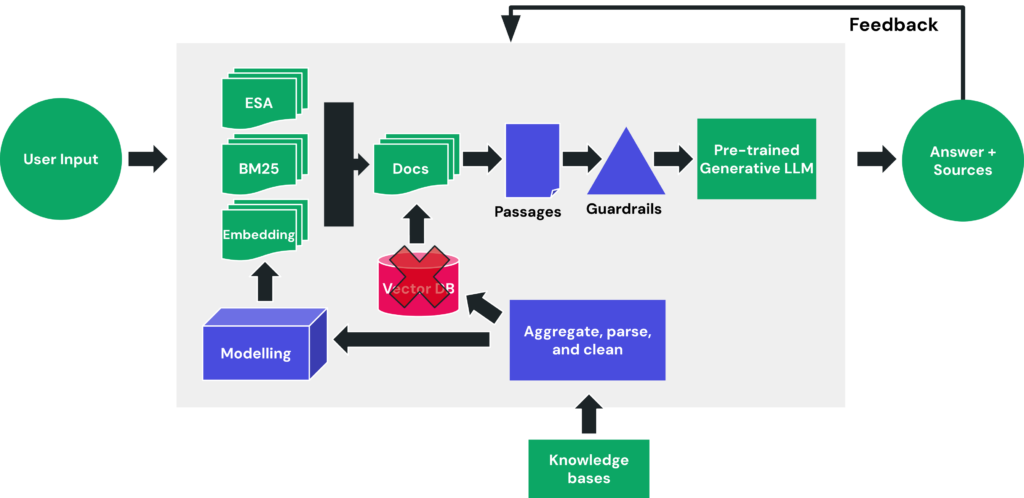
xFind + SupportLogic: A Revolution in Customer Support Operations
After five years of hard work developing these capabilities, and adapting them to the realities of the B2B Customer Support market, we find ourselves at a pivotal moment with xFind joining forces with SupportLogic. The advancements in computational power, AI, and LLMs have brought us closer than ever to realizing our vision.
SupportLogic has developed an incredibly robust suite of solutions aimed at making the support workflow smarter and more efficient. These solutions are being used by leading enterprise support organizations who realize significant value in terms of improved customer experience and operational efficiency. This foundation sets the stage for the next natural step: integrating knowledge creation and access seamlessly into the support process.
With this integration, we are not just enhancing support workflows; we are transforming customer support teams into the ultimate knowledge teams. These teams, armed with real-time insights and advanced knowledge creation tools, can provide unparalleled support and drive continuous improvement across the enterprise.
The support industry has always been the unsung hero of enterprise operations, silently driving customer satisfaction and business success. With our combined efforts, we aim to bring this vital function into the spotlight, showcasing its true potential and transforming it into a strategic asset.
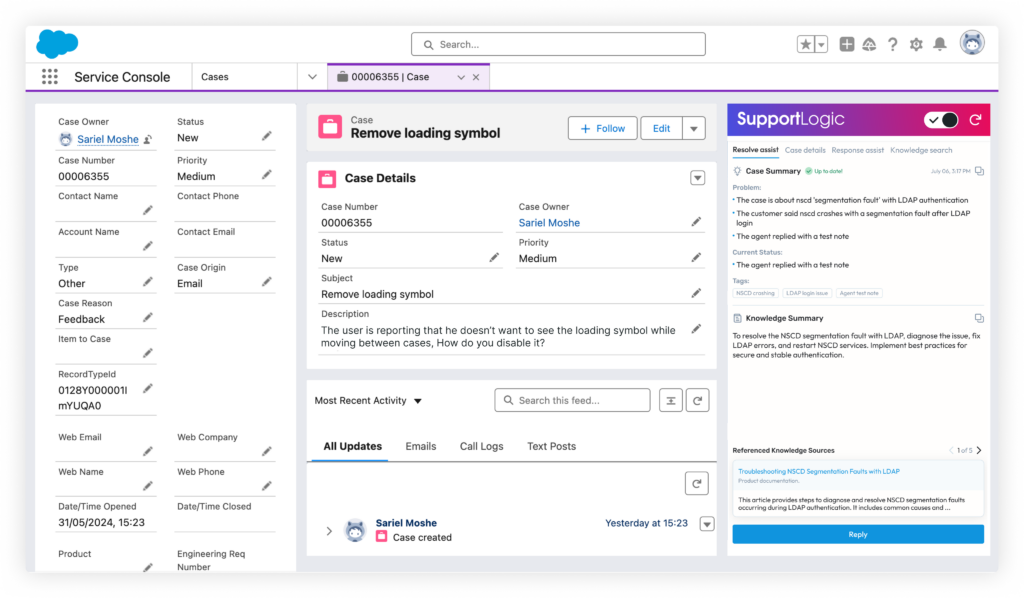
Don’t miss out
Want the latest B2B Support, AI and ML blogs delivered straight to your inbox?
